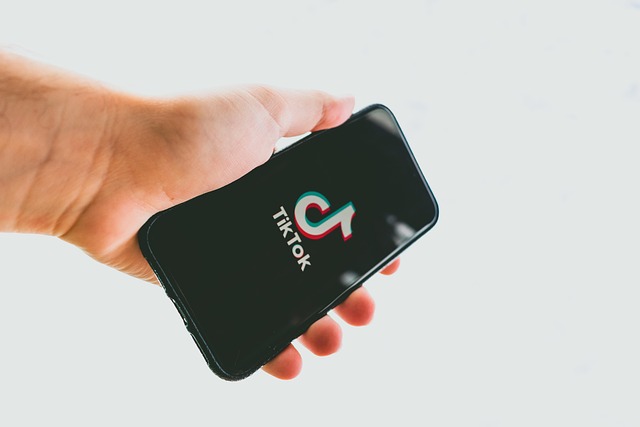In today’s hyper-connected world, social media platforms have become a dual-edged sword, particularly when it comes to navigating selective relationships. The phenomenon of social media selective relationships can evoke a myriad of feelings and insights, as these curated connections profoundly impact the way we interact and perceive ourselves and others online.
As we scroll through our timelines, we are often faced with the reality that the friendships and connections we build in these spaces are not always genuine. The selective nature of online relationships can foster impressive networks of acquaintances while simultaneously leaving us longing for more meaningful interactions. In an effort to maintain a polished digital persona, we may choose to project the best aspects of ourselves, curating our profiles to fit a desirable narrative. However, this can lead to a sense of isolation, as our true selves often remain hidden behind an idealized façade.
Moreover, the impact of social media on selective relationships often extends beyond individual experiences. The constant comparisons we engage in can trigger feelings of inadequacy and fear of missing out (FOMO). When we see friends or acquaintances thriving in their personal and professional lives, it can amplify our own insecurities, leading us to question the validity or depth of our own connections. In essence, while these platforms offer unprecedented access to others, they can equally compel us to make choices about who to engage with, often leading to the phenomenon of selective relationships.
This complex dynamic forces us to navigate our personal networks with caution. Are we accepting friendship requests out of genuine interest, or are we merely expanding our virtual lists to appear more socially active? The selective nature of these relationships calls into question the authenticity of our interactions. In many cases, we find ourselves managing an intricate web of acquaintances, rather than nurturing profound friendships. Engaging with others on a superficial level can feel hollow, as these interactions often lack depth and authenticity.
The challenge lies in balancing the benefits of social media against its drawbacks. While selective relationships can foster valuable connections, they also place pressure on us to conform to certain social expectations. Primarily, we are forced to decide who deserves a space in our digital lives and, by extension, in our real lives. It’s vital to prioritize quality over quantity, focusing on nurturing relationships that contribute positively to our emotional well-being. We should aim to connect with those who challenge, inspire, and support us, rather than simply those who are socially prominent or popular in the digital sphere.
Ultimately, the impact of social media on our selective relationships underscores the importance of intentionality in how we engage. By carefully choosing who we connect with, we can create a more fulfilling online experience, ensuring that our relationships, regardless of their medium, are genuine and enriching. The challenge lies in standing against the allure of superficiality and instead crafting a social landscape that truly reflects our values and authentic selves.




